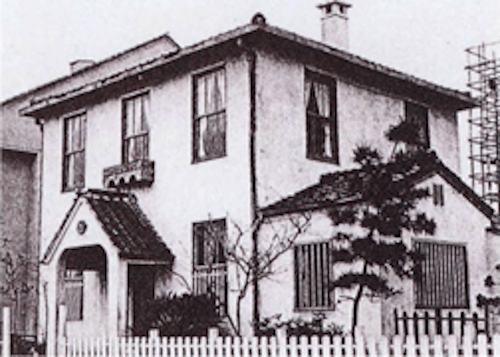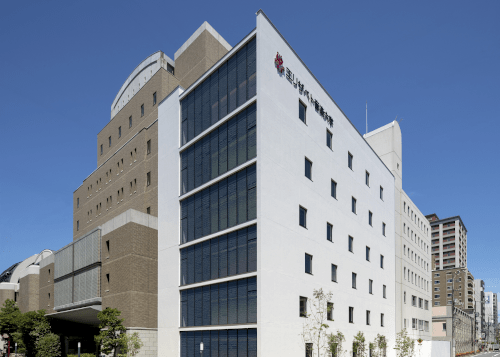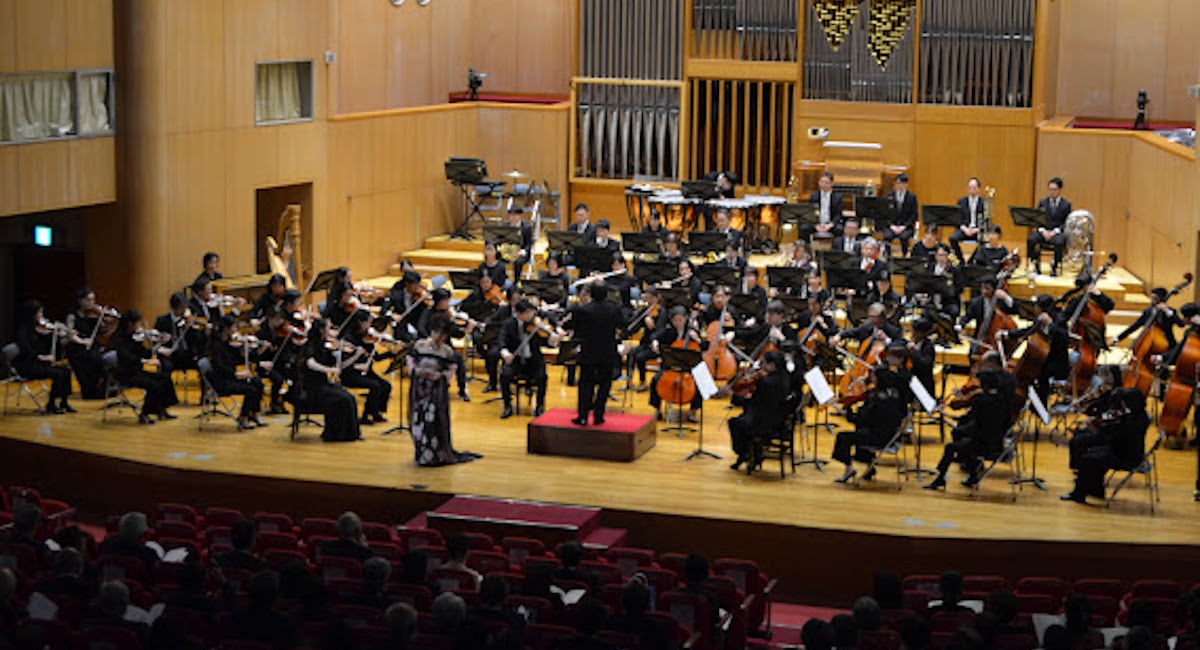
In 1945, Belgian Jesuit missionary Fr Ernest Goossens SJ sought to convey a message of peace and inner healing for survivors of the atomic bomb through music. He opened a small music class next to the church in Hiroshima where he worked. Later, in April 1948, the music class received official recognition and became the Hiroshima School of Music. Following academic revisions and under the patronage of Queen Elisabeth of Belgium, who graciously lent her name in 1951, it was elevated to a junior college in 1952.
In answer to a widely felt need, the school gained recognition from the Ministry of Education as a four-year college in April l963, becoming the present Elisabeth University of Music. Subsequent developments included the creation of a Department of Sacred Music in l967 and the establishment of the Graduate Division in l990. In 1993, the Graduate Division received government approval to open a doctoral course, the first such programme in music among Japan’s private universities. With a full complement of artistic and scholarly programmes at every level of university education, the school continues to pursue its vision of contributing to human understanding and cultural exchange through music.
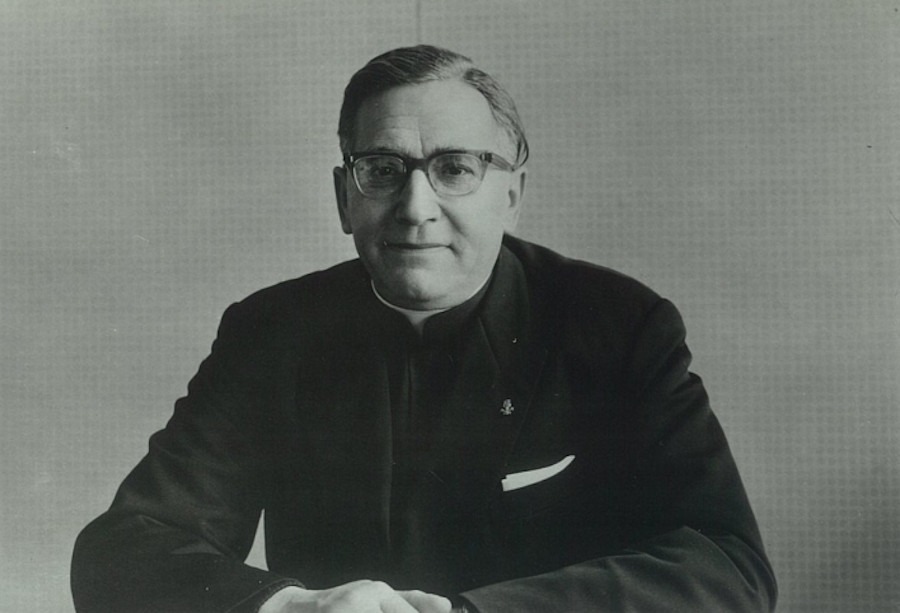
In 2023, Elisabeth University of Music marked its 75th year. On 23 November, the core event to commemorate the diamond jubilee began with a solemn Mass at the World Peace Memorial Cathedral in Hiroshima. Bishop Alexis Mitsuru Shirahama served as the main celebrant, and the Provincial of Japan Province, Fr Tsutomu Sakuma SJ, delivered the homily. Among the notable activities was a concert accompanied by the Hiroshima Symphony Orchestra at the school’s Cecilia Concert Hall. The celebration was graced by the presence of the Mayor of Hiroshima, the Mayor of Higashi Hiroshima, the Representative of the Belgium Embassy in Japan, and other prominent delegates from various institutions.
As part of the 75th anniversary celebrations, Elisabeth University held charity concerts in collaboration with two Jesuit institutions in Indonesia, namely Sanata Dharma University (USD) in Yogyakarta and Canisius College in Jakarta. The first charity concert was held on 23 February at the Driyarkara Auditorium of Sanata Dharma, focusing on Japanese animation songs to raise funds for the scholarships of underprivileged students at USD. The second charity concert on 25 February at the Multi-purpose Hall of Canisius College was dedicated to education and community building projects in Ketapang Province, Kalimantan Island.
The university’s involvement in these charity concerts reflects its commitment to realising the Sustainable Development Goals, especially Goal 1: No Poverty, Goal 4: Quality Education, and Goal 17: Partnerships with Other Institutions. This commitment aligns with Laudato sí, which all Jesuit educational institutions are asked urgently to implement. As Pope Francis emphasised: “We are all brothers and sisters living in the same house, namely the earth. Everything is connected; nothing is separate.”
Elisabeth University, located in the heart of Hiroshima, the city of peace, is fully equipped to provide the best education for its students. The campus features a library, a large concert hall with a pipe organ, a small concert hall ideally suited for chamber music, and many rehearsal rooms. The university offers professional education in music at the undergraduate and graduate levels, with around 300 students, 31 full-time faculty members and 142 adjunct faculty members. Notably, 117 faculty members teach in the Graduate Division, where enrollment is limited to about 49 students. All programmes, both undergraduate and graduate, are co-educational. A major characteristic of the university, not seen elsewhere, is guidance and research in Gregorian chant, polyphony, and contemporary religious music, alongside other musical genres.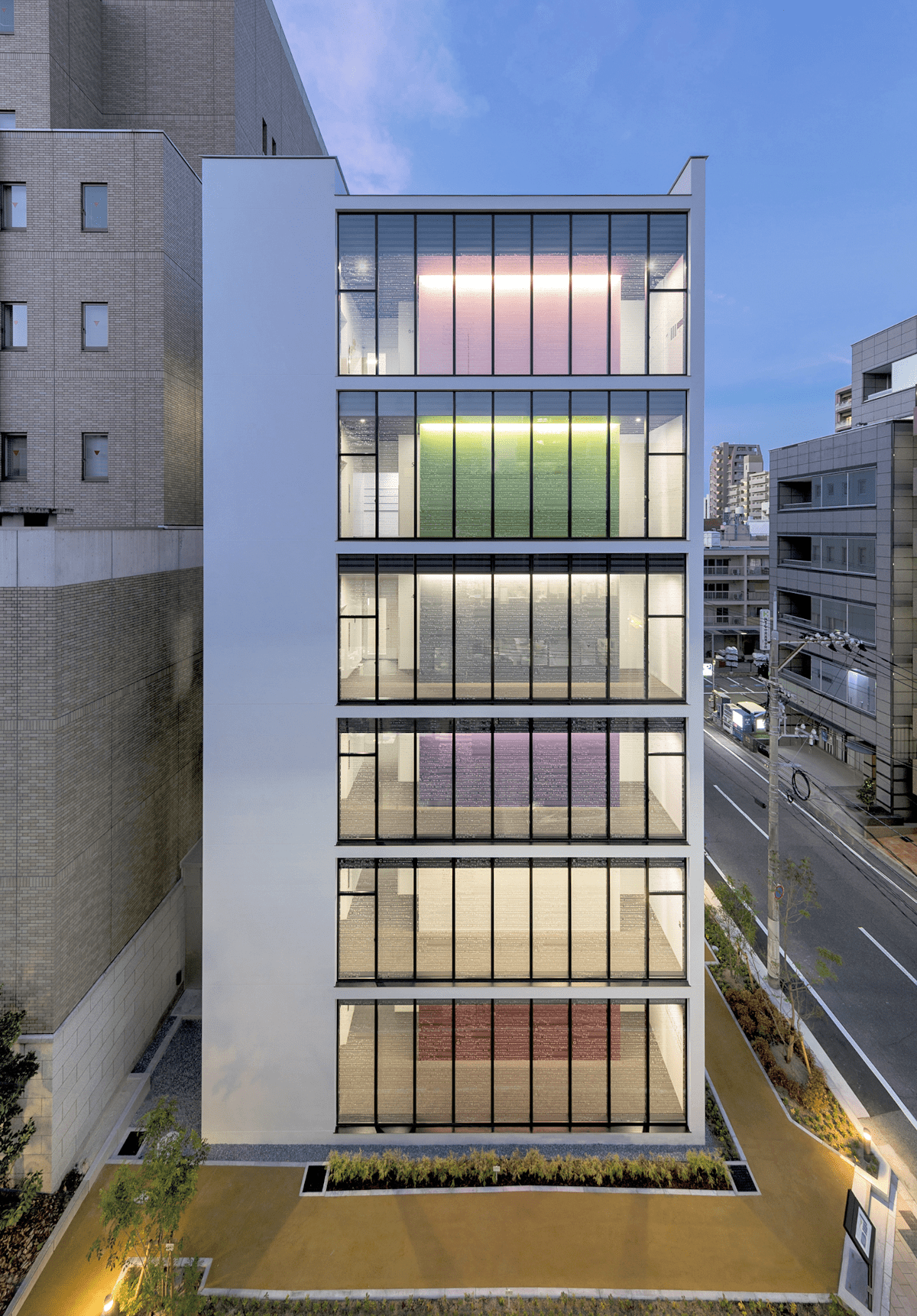
Reflecting the principles of Jesuit Catholic education, the university fosters close relationships between students and teachers through intimate, small classes. Its staff includes internationally renowned performers and very accomplished teachers, most of whom have studied abroad and are therefore more than able to understand the feelings and concerns of our foreign students.
Through its history, Elisabeth University has remained constant in its commitment to professional education in the spirit of Christian humanism. The integral formation of the person and the university’s international dimension as a meeting place of Eastern and Western culture constitute the core of its identity and tradition. Faculty members hail from Japan, Canada, France, Germany, Indonesia, Italy, Korea, and Ukraine. The student body, too, is international, coming from Europe and North America, as well as Asia. Maximum artistic development and human fulfilment are sought in community through the experience of contributing to the lives and happiness of others. Elisabeth University’s ultimate goal is for music to become a life path, leading along the ways of the spirit to God. Thus, the university places great emphasis on the formation of each individual through the arts, especially through music. Through devoted guidance and research in the theory and practice of the musical arts, it aims at imparting broad knowledge and forming musicians of good sense.
Moving forward, Elisabeth University seeks to collaborate with other Jesuit institutions on projects such as charity concerts and culture exchange programmes. It invites institutions with students interested in studying music professionally to consider joining its community in Hiroshima, offering scholarships for international students as needed.
By Fransiskus Purhastanto SJ
Director of Campus Ministry and Lecturer of Islamic Christian Anthropology (Humanism)
Elisabeth University
This article was first published in The Jesuits Asia Pacific 2024 magazine.


